We’ve got something for everyone here in Features — people stories, off-the-beaten-path kind of stories, science-in-action sagas. Take your pick!
Looking for more fun stories about science? Explore the basics of electricity and magnetism and the exciting discoveries that magnets enable in easy-to-understand language at Magnet Academy.
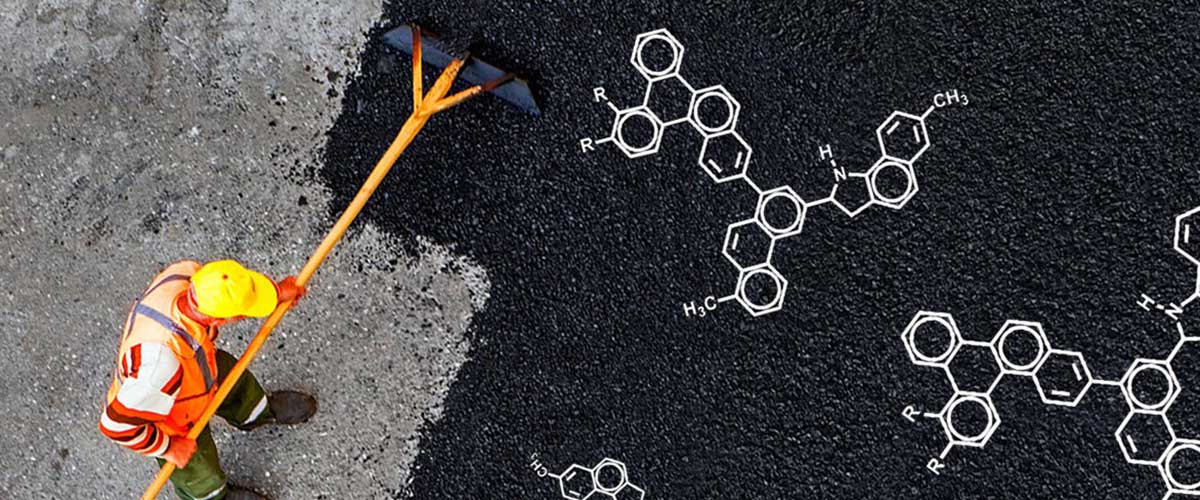
A deeper understanding of petroleum molecules is shedding a harsh light on how some of them behave in our environment.
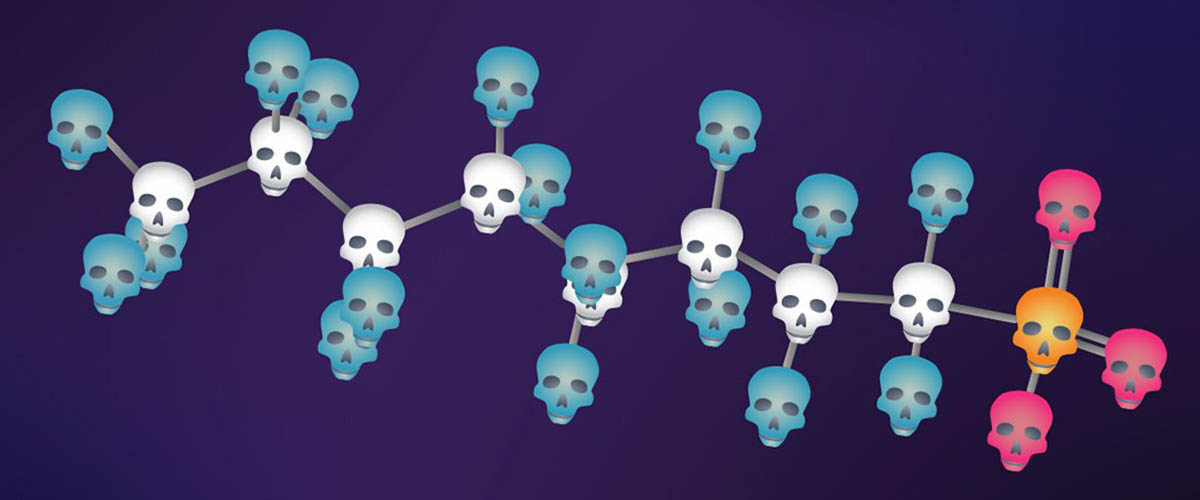
Some manmade chemicals feature bonds so strong they could last forever. And that's a life-threatening problem.
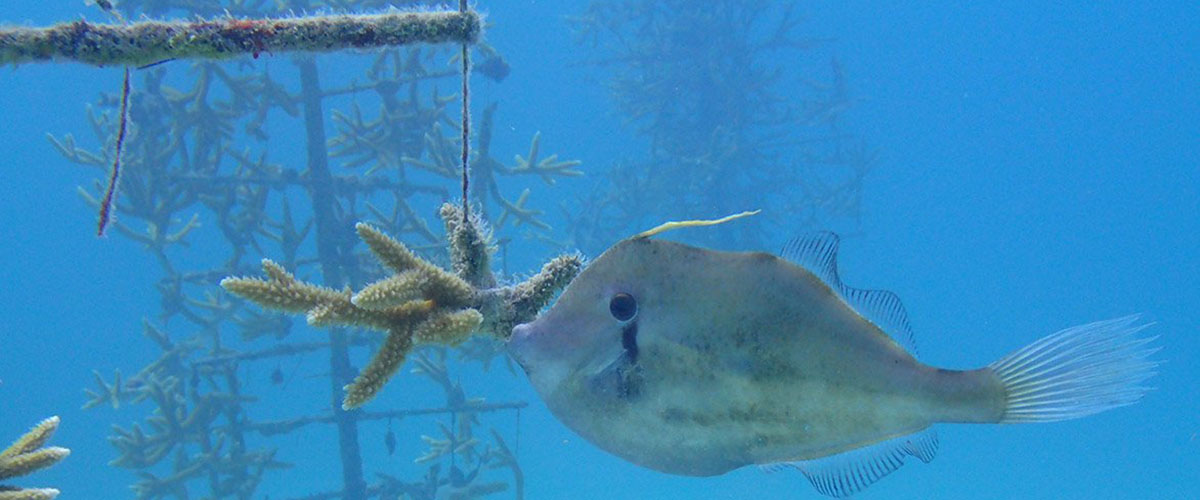
Florida scientists are helping coral protect itself against nitrogen overload.
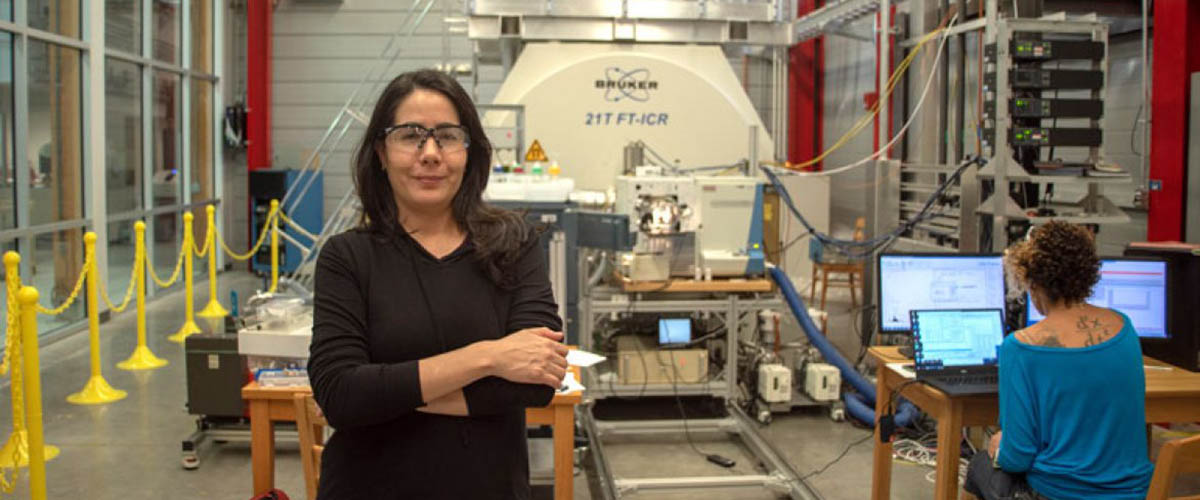
Thanks to the MagLab’s expertise and unique instruments, a geochemist finds a treasure trove of oil-spill data buried beneath the sea.
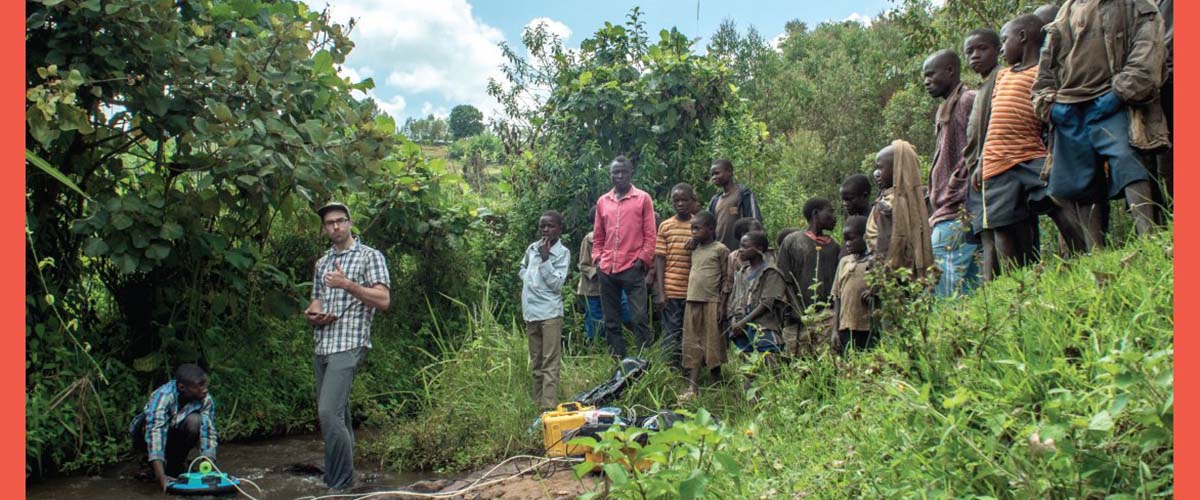
Water samples collected from the heart of Africa contain clues about carbon cycling worldwide.
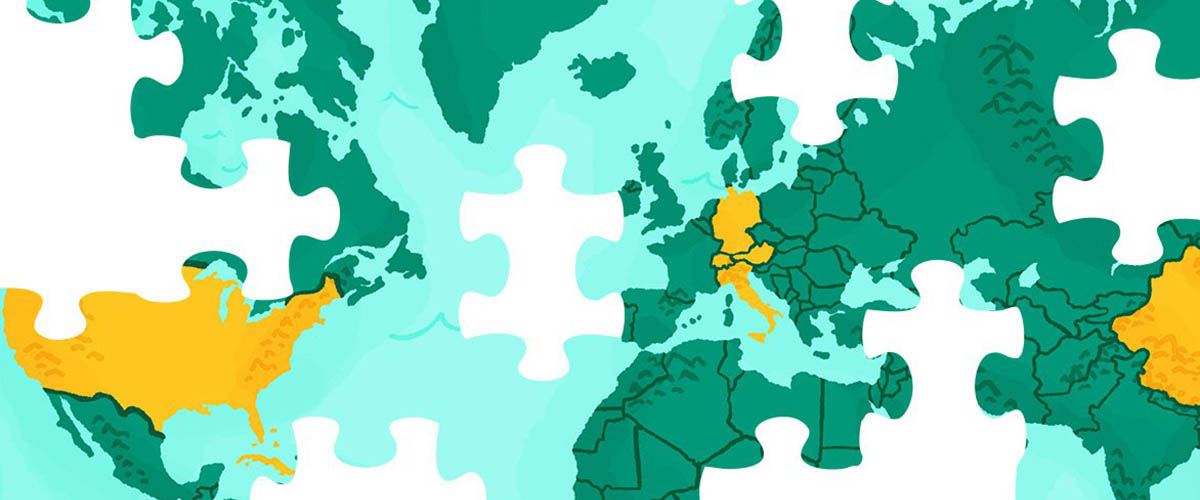
Members of a sprawling science team piece together the puzzle of biochar, a promising tool in the fight against global warming.
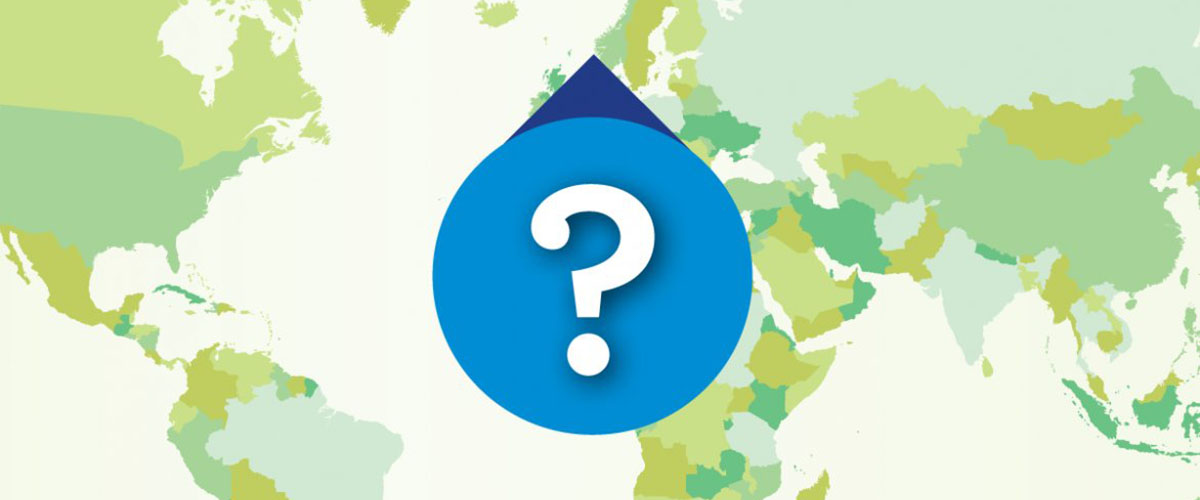
Studying dissolved organic matter helps us better understand our changing planet.
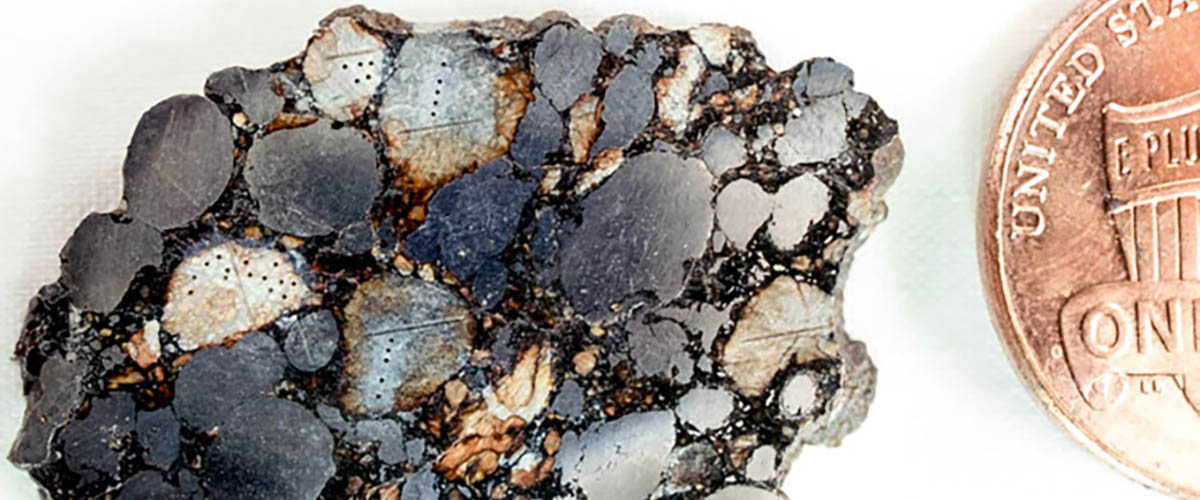
At research conducted at the MagLab, a young geochemist uncovers the surprisingly violent origins of a meteorite.